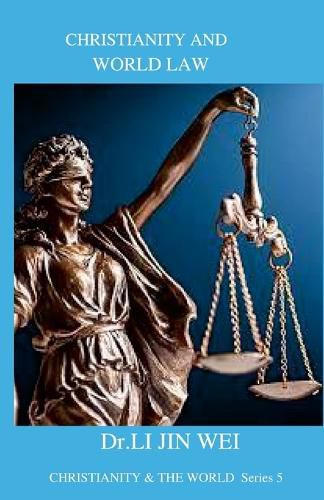Readings Newsletter
Become a Readings Member to make your shopping experience even easier.
Sign in or sign up for free!
You’re not far away from qualifying for FREE standard shipping within Australia
You’ve qualified for FREE standard shipping within Australia
The cart is loading…






This title is printed to order. This book may have been self-published. If so, we cannot guarantee the quality of the content. In the main most books will have gone through the editing process however some may not. We therefore suggest that you be aware of this before ordering this book. If in doubt check either the author or publisher’s details as we are unable to accept any returns unless they are faulty. Please contact us if you have any questions.
The most dynamic legitimate and religious framework components are law and religious control of social relations. They play a decisive role in establishing specific rules for people's behaviour in society. In this point of view, regulation and religion show up as two close friendly regularizing frameworks impacting the social turn of events. Numerous standards and regulatory standards are steady with the arrangements of significant religions. Now and again, legitimate means duplicating literarily the hereditarily going before strict examples. The idea of the collaboration of the standards of regulation and religious rules in the arrangement of social guidelines of a specific not set in stone by the association of legitimate and strict standards with the ethical quality and relationship of law with the state. There is a long and complex relationship between Christianity and the law. Christian communities maintain well-established bodies of law and church government that govern the polity, property, doctrine, and liturgy of the Church and the spiritual and moral lives of clergy and laity. For a long time, Christian lessons formed Western state law and legal theory, church-state relations, and numerous social, financial, and political life areas. Many scholars who recognize the benefits that professing Christianity brought to the world as its influence increased also acknowledge that this increasing influence was often accomplished by very unbiblical and unchristian means. Furthermore, undeniably, the defining moment in history that the spread of maintaining Christianity addressed may forecast a more noteworthy defining moment.
$9.00 standard shipping within Australia
FREE standard shipping within Australia for orders over $100.00
Express & International shipping calculated at checkout
This title is printed to order. This book may have been self-published. If so, we cannot guarantee the quality of the content. In the main most books will have gone through the editing process however some may not. We therefore suggest that you be aware of this before ordering this book. If in doubt check either the author or publisher’s details as we are unable to accept any returns unless they are faulty. Please contact us if you have any questions.
The most dynamic legitimate and religious framework components are law and religious control of social relations. They play a decisive role in establishing specific rules for people's behaviour in society. In this point of view, regulation and religion show up as two close friendly regularizing frameworks impacting the social turn of events. Numerous standards and regulatory standards are steady with the arrangements of significant religions. Now and again, legitimate means duplicating literarily the hereditarily going before strict examples. The idea of the collaboration of the standards of regulation and religious rules in the arrangement of social guidelines of a specific not set in stone by the association of legitimate and strict standards with the ethical quality and relationship of law with the state. There is a long and complex relationship between Christianity and the law. Christian communities maintain well-established bodies of law and church government that govern the polity, property, doctrine, and liturgy of the Church and the spiritual and moral lives of clergy and laity. For a long time, Christian lessons formed Western state law and legal theory, church-state relations, and numerous social, financial, and political life areas. Many scholars who recognize the benefits that professing Christianity brought to the world as its influence increased also acknowledge that this increasing influence was often accomplished by very unbiblical and unchristian means. Furthermore, undeniably, the defining moment in history that the spread of maintaining Christianity addressed may forecast a more noteworthy defining moment.